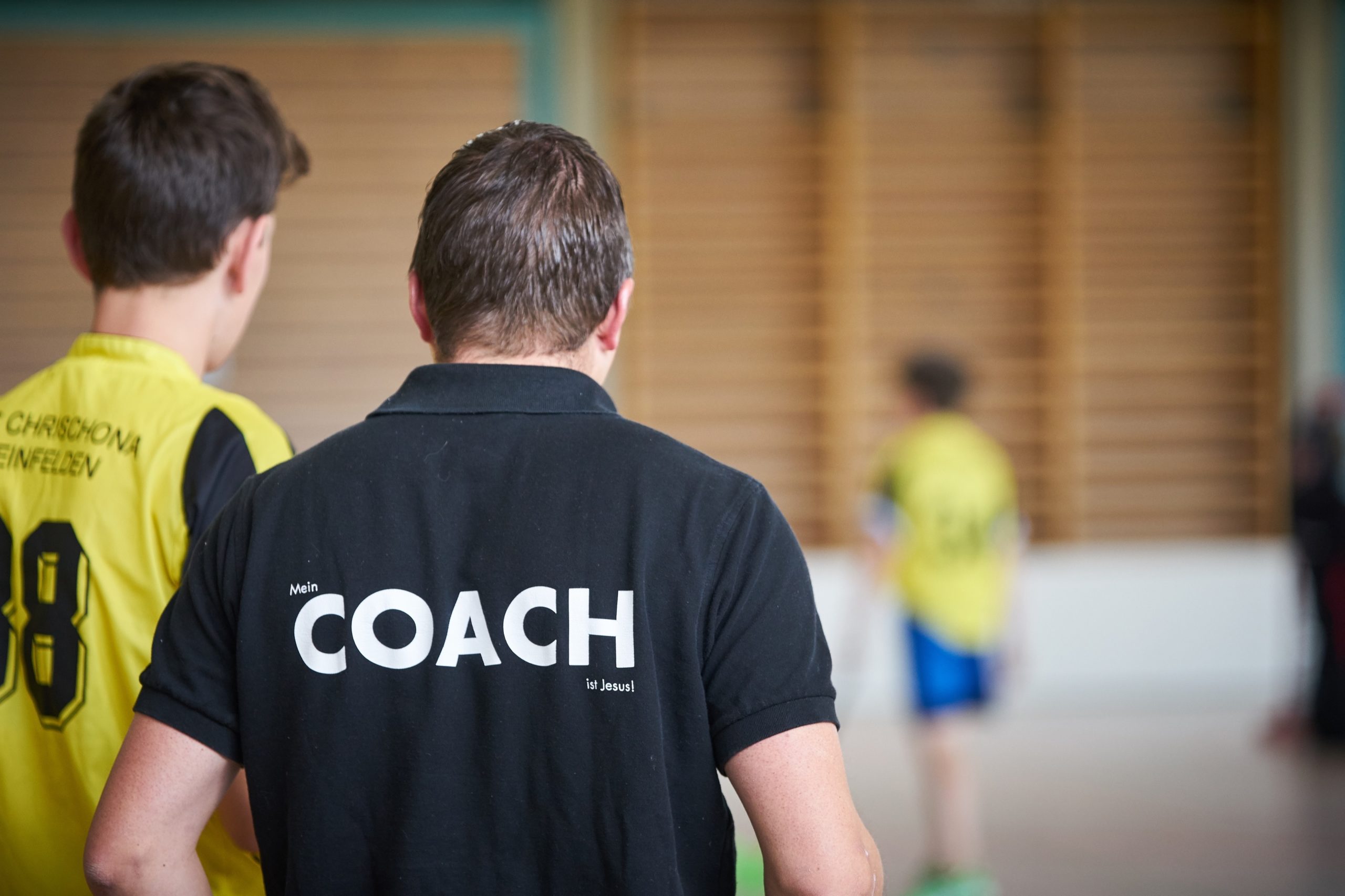
VUCA is an acronym for Volatility, Uncertainty, Complexity, and Ambiguity. And it is not new to work in an environment such as this. Volatility is all about the dynamics that occur around change.
The accelerated rate, intensity, speed, and any unexpected catalysts all influence volatility. Uncertainty focuses on the inability to predict upcoming events, the increased chances for surprising activities, disruptive changes that may overwhelm one’s awareness, and the understanding and ability to come to terms with events as they come.
Complexity deals with multiple forces working with one another in a contradictory flow, which can cause sensitive interdependence on everything surrounding it, which can lead to confusion and difficult decision making.
Ambiguity deals with the blur in cause and effect which are difficult to help establish ruled for and can weigh heavily on decision making due to contradictory information. The current example is how COVID-19 is creating a VUCA kind of environment across the country.
For years, business executives have been preparing for VUCA environments, though most preparation has been done by the military and in counter-terrorism groups. VUCA planning can mainly be seen in risk management and the supply chain when it comes to businesses.
A concept that should be looked into, concerning VUCA, is how a leader develops a VUCA mindset for their team. A good coaching leader can develop a VUCA mindset in the team in an interesting fashion. For example, an area a good leader could focus on would be the team’s annual goals and use them as a performance tool in a VUCA setting.
At the highest level of management, a mentor will be a role model for their mentee. They will be the one whose wisdom and experience will help their mentee succeed in their career.
However, a coach will provide feedback and advice to a leader to improve their effectiveness, but may not have any experience in the latter’s role. This coaching can lead to improved leadership that can strengthen key relationships. In order for coaching to be successful, mentoring is most effective when trying to show the coach’s strengths and weaknesses as well, instead of putting up a front. This allows for mentors and other coaches to know how best to help those under their wings, and determine how much value they can get.
One concept I think should be addressed/brought up during a coaching session is, how a leader develops a VUCA mindset within their team. It is interesting to have found useful when coaching leaders in developing a VUCA mindset within their organizations. As an example, one area would be focusing on helping the leader think through how she/he and their teams view annual goals, and subsequently, use them as a performance tool in a VUCA world. This challenge has come up often in recent work.
According to a report in 2011 by the Center for Creative Leadership, the VUCA business environment needs leaders who possess complex and adaptive thinking. It also states that the methods that have been used to develop these skills have not changed throughout the years, and are the reason leaders are slow to come to terms with the new world of business. Due to this, HR and talent management professionals need to develop leaders who can perform well in this turbulent time. VUCA should be applied as a framework to reform leadership models so that HR and talent management professionals may identify future leaders for organizations.
Between now and the year 2050, 2.5 billion people will be born. Leadership decision making will be put to the test in this environment, but a good coach and mentored leader will be able to make great strategic decisions. Mentoring and coaching are major tools that will help in VUCA times to stabilize the talent management processes and will help management be clear of doubt.
Coaching will provide insight, while mentoring will help put time into providing experience to those who need it. This is why mentoring has been used for so long. A mentor is the role model for everyone, showing that anyone can start from the bottom and make it to the top. A coach, however, may not have worked their way up, and can only do so much in inspiring those around them. This is why they mainly deal with shareholders’ values and provide leaders with behavioural advice and feedback. Together, the two are a powerful tool to build competence and leadership qualities in their team.
 Nandita Singh did her MBA from Army Institute of Management with 10+ Years of experience in HR Business Partnering, HR Operations, Recruitment, Employee Engagement and CSR Initiatives. In the past, she was associated with companies like Danone, Ericsson, Coca Cola, Viom Networks and Coromandel International. Currently, she is working with an IT Software company as Manager – HRBP in Gurgaon.
Nandita Singh did her MBA from Army Institute of Management with 10+ Years of experience in HR Business Partnering, HR Operations, Recruitment, Employee Engagement and CSR Initiatives. In the past, she was associated with companies like Danone, Ericsson, Coca Cola, Viom Networks and Coromandel International. Currently, she is working with an IT Software company as Manager – HRBP in Gurgaon.
Share with your HR Friends
















